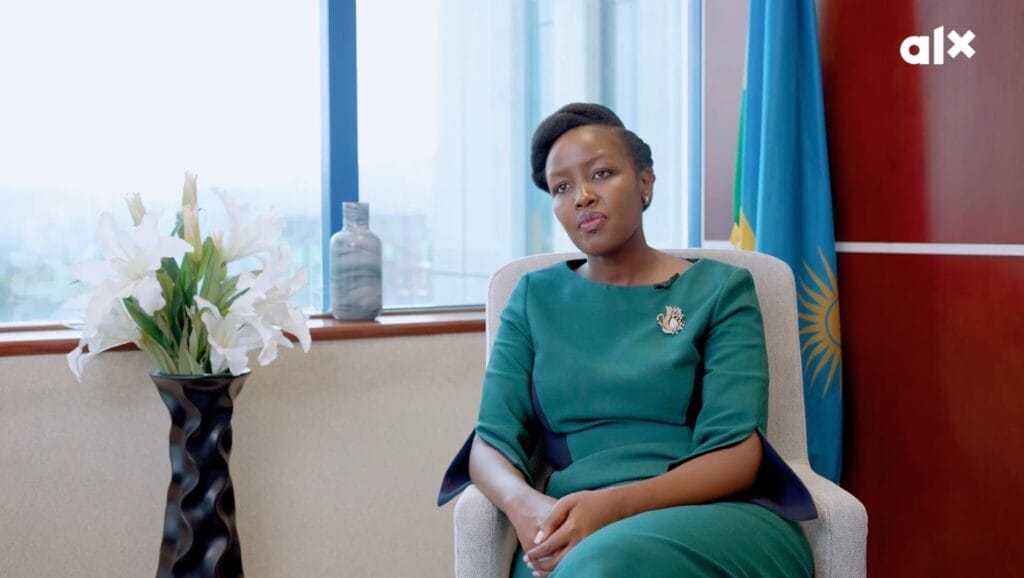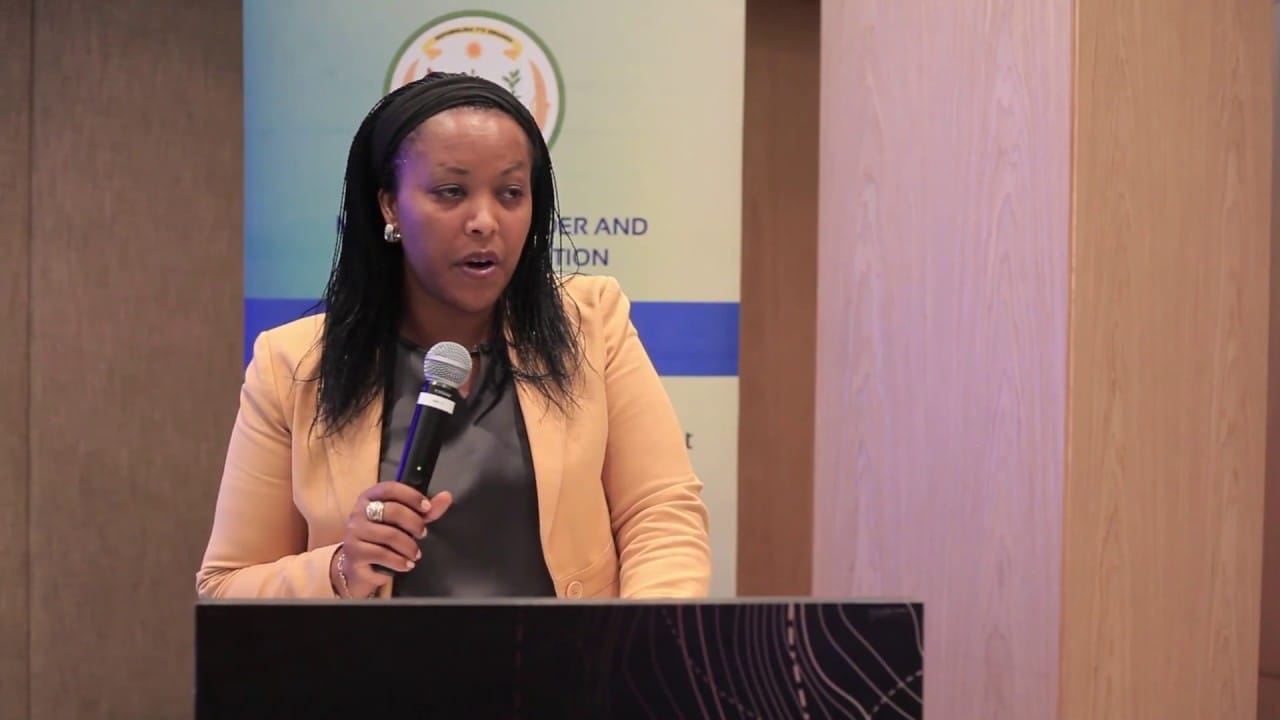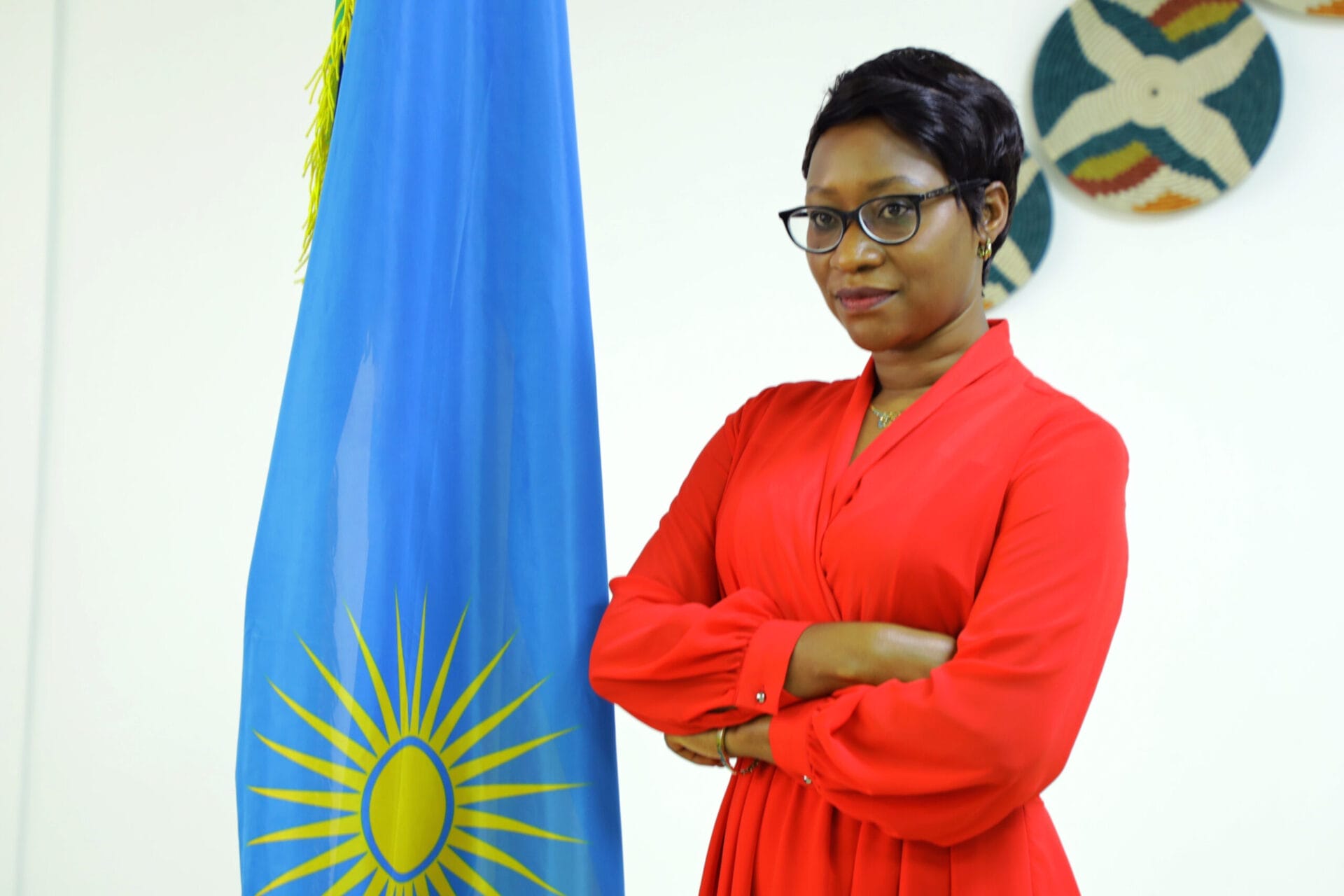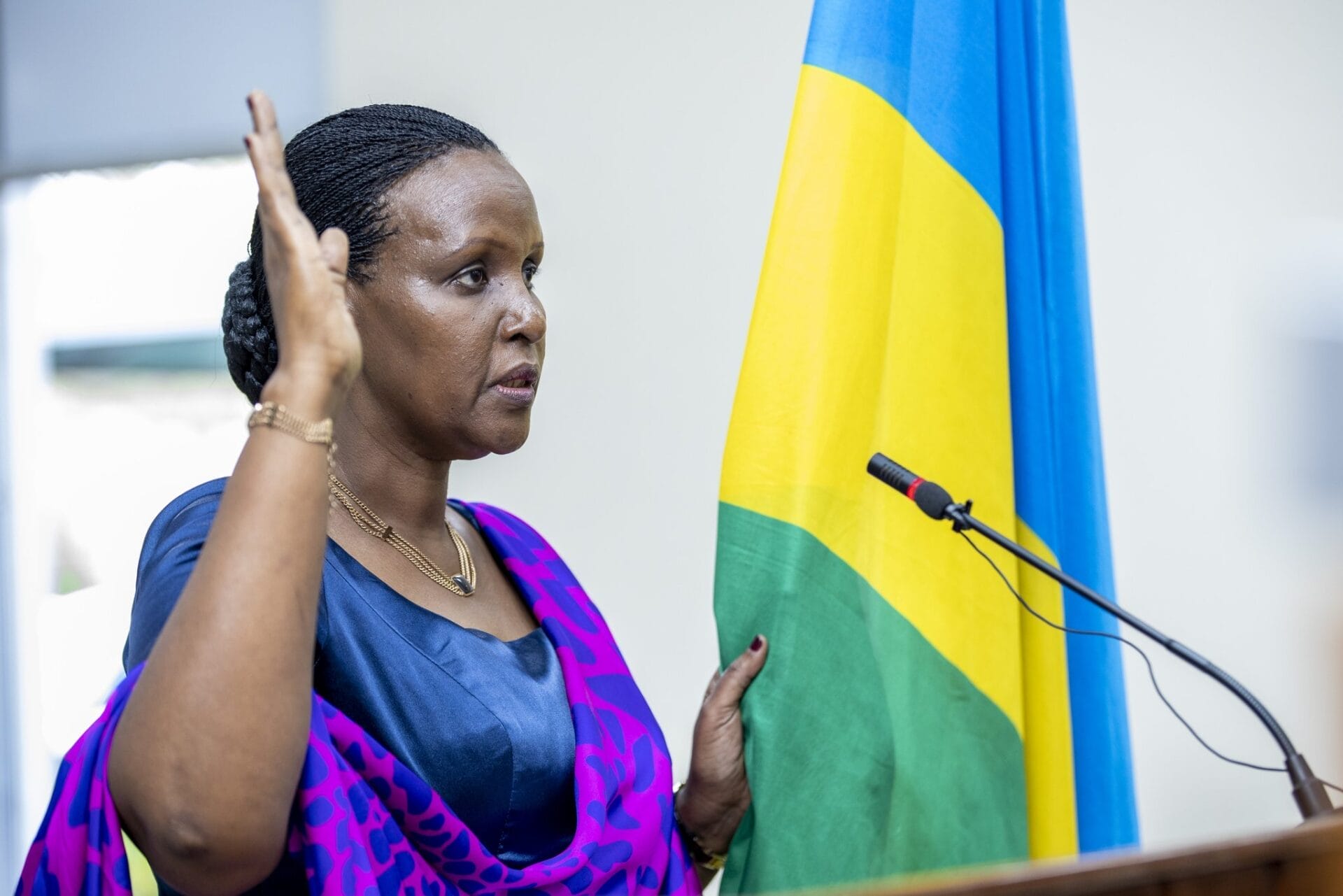In the heart of East Africa, Rwanda stands not only as a beacon of post-conflict reconstruction but as a trailblazer in gender equality. No nation on the continent and few in the world boasts a political ecosystem where women hold such commanding influence. With a parliament that consistently leads global rankings in female representation, Rwanda has rewritten the rules of power, positioning women at the forefront of its governance, policymaking, and national transformation.
This new political order is not merely symbolic, it is substantive. These five formidable women are the architects of Rwanda’s bold new era.
1. Gertrude Kazarwa – The Stateswoman at the Helm

The 2024 appointment of Gertrude Kazarwa as Speaker of the Chamber of Deputies marked a significant milestone in Rwanda’s legislative evolution. As the third woman to occupy this esteemed office, Kazarwa’s leadership signals continuity in the country’s progressive commitment to gender parity in governance. Her sharp legal mind, honed through years in the Senate and shaped by an MBA from the Maastricht School of Management, has earned her respect across party lines. In a nation where the legislature is the crucible for development policy, Kazarwa’s voice carries both weight and wisdom.
2. Paula Ingabire – The Visionary of Digital Rwanda

No list of Rwandan change-makers is complete without the trailblazing Minister of ICT and Innovation. At just 39, Paula Ingabire is the face of Rwanda’s tech-driven future. A graduate of MIT, she is spearheading the nation’s Smart Rwanda Master Plan and positioning Kigali as a regional tech hub. Her push for emerging technologies—from AI to blockchain—is transforming everything from agriculture to education. Ingabire is not just digitizing government systems; she’s engineering a digital identity for a modern Africa.
3. Espérance Nyirasafari – The Veteran Voice of Equity and Culture

With over two decades in public service, Senator Espérance Nyirasafari embodies consistency, experience, and reform. Currently one of the Vice Presidents of the Senate, her career has spanned key cabinet positions, including Minister of Gender and Family Promotion and Minister of Sports and Culture. A defender of cultural identity and social equity, she has championed legislation that strengthens families, empowers women, and safeguards Rwandan heritage. In a region often marked by political turnover, Nyirasafari’s longevity is a testament to her unshakeable commitment to national progress.
4. Jeannette Bayisenge – The Academic Minister with a Social Vision

Equal parts scholar and policymaker, Dr. Jeannette Bayisenge is reimagining the intersection between public service and gender justice. Formerly Minister of Gender and Family Promotion, and now Minister of Public Service and Labour, Bayisenge’s expertise in gender studies—earned through a Ph.D. from the University of Gothenburg—adds a rare academic depth to Rwanda’s cabinet. Her reforms have prioritized gender-sensitive employment policies, social protections, and inclusive workplace practices. Bayisenge is not only shaping national frameworks but inspiring the next generation of policy scholars.
5. Oda Gasinzigwa – The Guardian of Democracy

In 2023, Oda Gasinzigwa assumed leadership of Rwanda’s National Electoral Commission, bringing both grassroots experience and international political insight to one of the country’s most critical democratic institutions. A former East African Legislative Assembly member and lifelong advocate for women’s rights, Gasinzigwa now oversees the very engine of Rwanda’s political legitimacy. Her role is pivotal in ensuring credible elections and broad civic participation, reinforcing Rwanda’s reputation as a stable and inclusive polity in a volatile region.
The Rwandan Blueprint
What sets Rwanda apart is not just the visibility of women in politics but their capacity to drive change. These five leaders, along with countless others in public service are proving that gender equity is not a moral concession but a strategic advantage. They are building a governance model where women lead not as tokens, but as titans.
In Kigali’s corridors of power, the future is not just female, it’s fiercely transformational.

